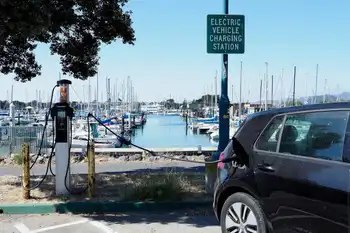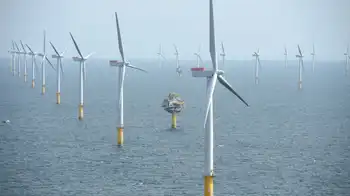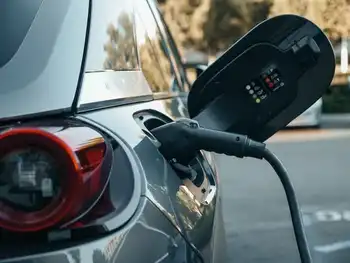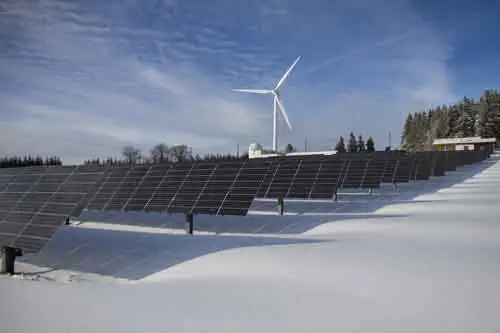Nevada to Power Clean Vehicles with Clean Electricity
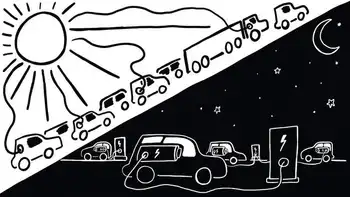
NFPA 70b Training - Electrical Maintenance
Our customized live online or in‑person group training can be delivered to your staff at your location.

- Live Online
- 12 hours Instructor-led
- Group Training Available
Nevada EV Charging Plan will invest $100 million in highway, urban, and public charging, bus depots, and Lake Tahoe sites, advancing NV Energy's SB 448 goals for clean energy, air quality, equity, and tourism recovery.
Key Points
Program invests $100M in EV infrastructure under SB 448, led by NV Energy, expanding clean charging across Nevada.
✅ $100M for statewide charging over 3 years
✅ 50% invested in overburdened communities
✅ Supports SB 448, climate and air quality goals
The Public Utilities Commission of Nevada approved a $100 million program that will deploy charging stations for electric vehicles (EVs) along highways, in urban areas, at public buildings, in school and transit bus depots, and at Red Rocks and Lake Tahoe, as charging networks compete to expand access. Combined with the state's clean vehicle standards and its aggressive renewable energy requirements, this means cars, trucks, buses, and boats in Nevada will be powered by increasingly clean electricity, reflecting how electricity is changing across the country.
The “Economic Recovery Transportation Electrification Plan” proposed by NV Energy, aligning with utilities' bullish plans for EV charging, was required by Senate Bill (SB) 448 (Brooks). Nevada’s tourism-centric economy was hit hard by the pandemic, and, as an American EV boom accelerates nationwide, the $100 million investment in charging infrastructure for light, medium, and heavy-duty EVs over the next three years was designed to provide much needed economic stimulus without straining the state’s budget.
Half of those investments will be made in communities that have borne a disproportionate share of transportation pollution and have suffered most from COVID-19—a disease that is made more deadly by exposure to local air pollution—and, amid evolving state grid challenges that planners are addressing, ensuring equitable deployment will help protect reliability and health.
SB 448 also requires NV Energy to propose subsequent “Transportation Electrification Plans” to keep the state on track to meet its climate, air quality, and equity goals, recognizing that a much bigger grid may be needed as adoption grows. A report from MJ Bradley & Associates commissioned by NRDC, Southwest Energy Efficiency Project, and Western Resource Advocates demonstrates Nevada could realize $21 billion in avoided expenditures on gasoline and maintenance, reduced utility bills, and environmental benefits, with parallels to New Mexico's projected benefits highlighted in recent analyses, by 2050 if more drivers make the switch to EVs.





